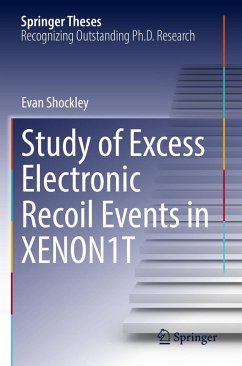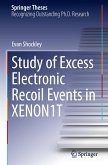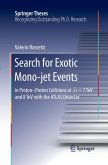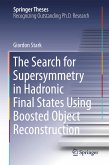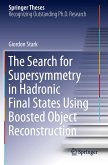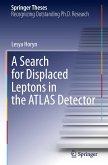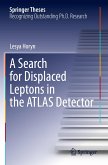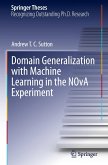This thesis summarizes the original analysis work performed by the author on data from XENON1T, a search for dark matter with a ton-size noble liquid detector operated at Gran Sasso Underground Laboratory in Italy. The nature of dark matter is one of the most open and pressing questions of modern physics, and the unique data acquired with this detector allows the exploration and investigation of several potential scenarios. The analysis of Dr. Shockley searches for a class of elusive elementary particles that interact with the electrons of ordinary atoms, instead of the nucleus. Results of the analysis present, with high confidence, an excess with respect to the expected background. Beyond more mundane explanations, this additional rate of electron-mediated interactions might be a first hint of physics beyond the standard model. This accessible thesis provides details on the detector, the data, and the theory, delivering to the reader an in-depth and coherent picture of the search forphysics beyond the standard model.

